Vocabulary enhancement Animals Worksheets for Ages 3-6
7 filtered results
-
From - To
Enhance your child's vocabulary with our engaging Animals Worksheets designed for ages 3-6! These fun, printable worksheets introduce young learners to a variety of animals while expanding their language skills. Each activity encourages exploration through vibrant illustrations and interactive exercises, helping children to identify, describe, and connect with the animal kingdom. From matching animals to their habitats to filling in descriptive words, these worksheets promote creativity and cognitive development. Ideal for early childhood education at home or in the classroom, our vocabulary enhancement resources make learning exciting and effective. Start nurturing your child's love for animals and language today!
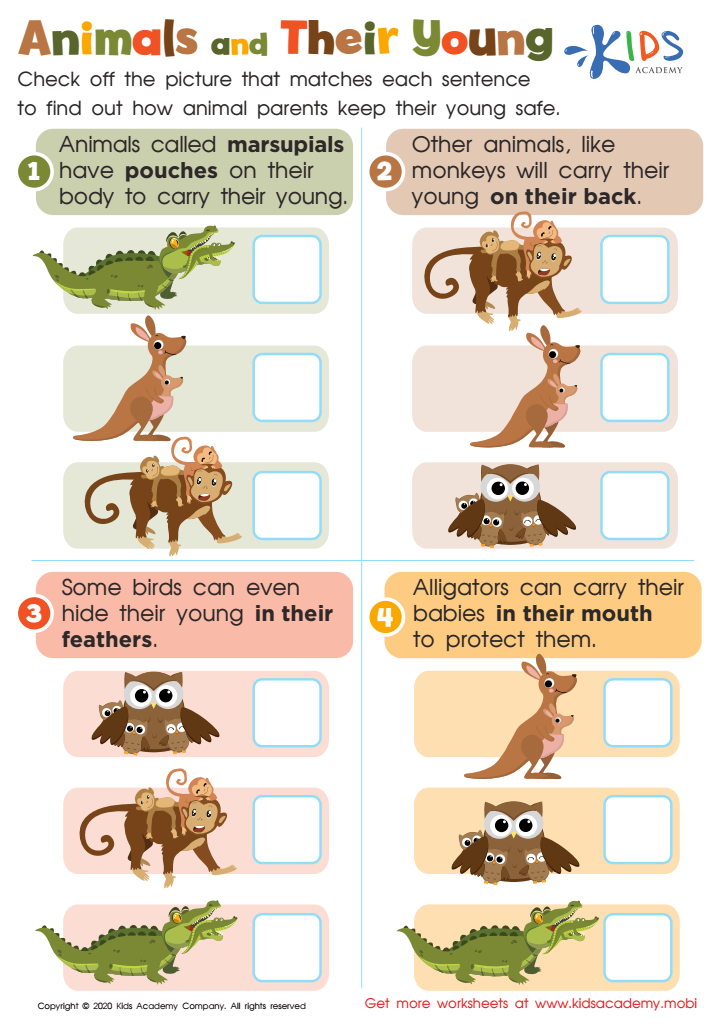

Animals and Their Young Worksheet
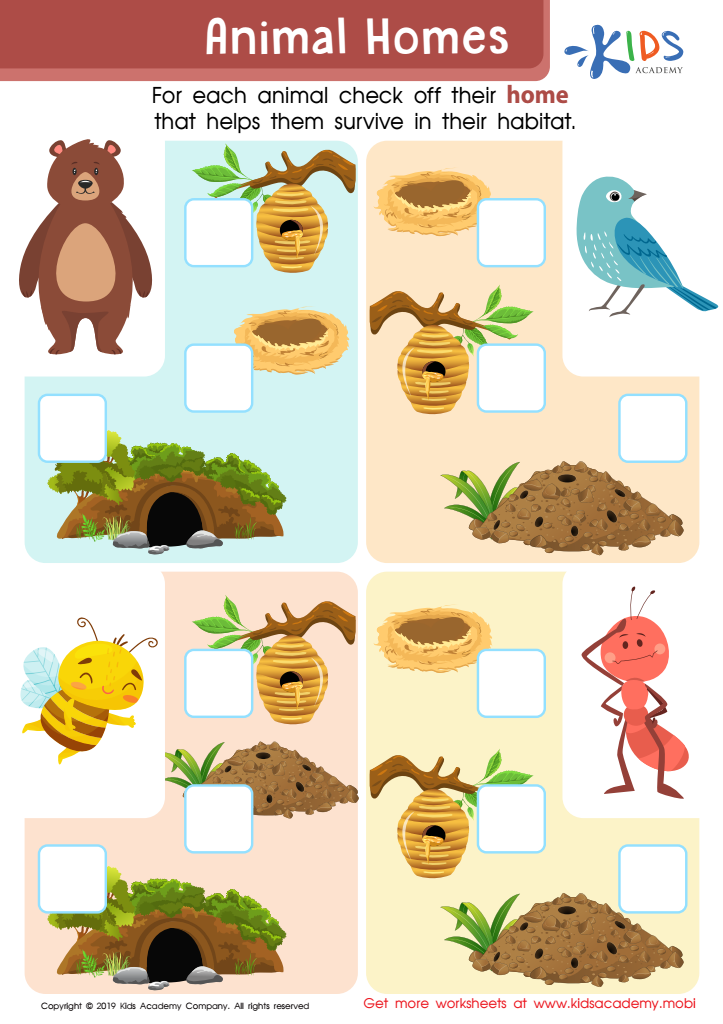

Animal Homes Worksheet
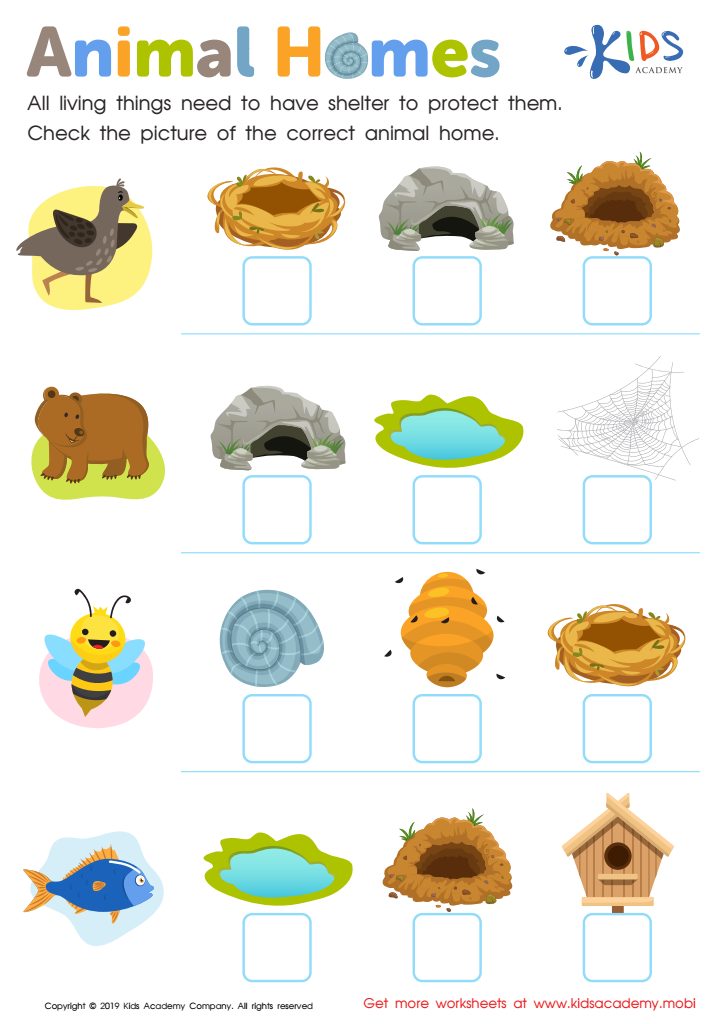

Animal Homes Worksheet
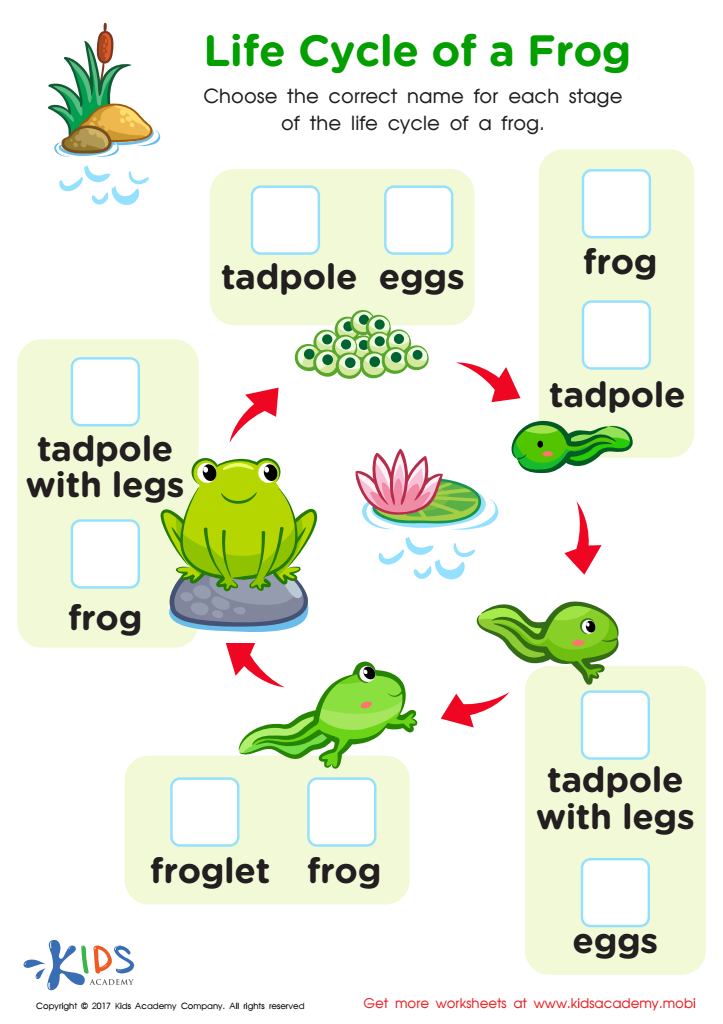

Life Cycle Frog Printable
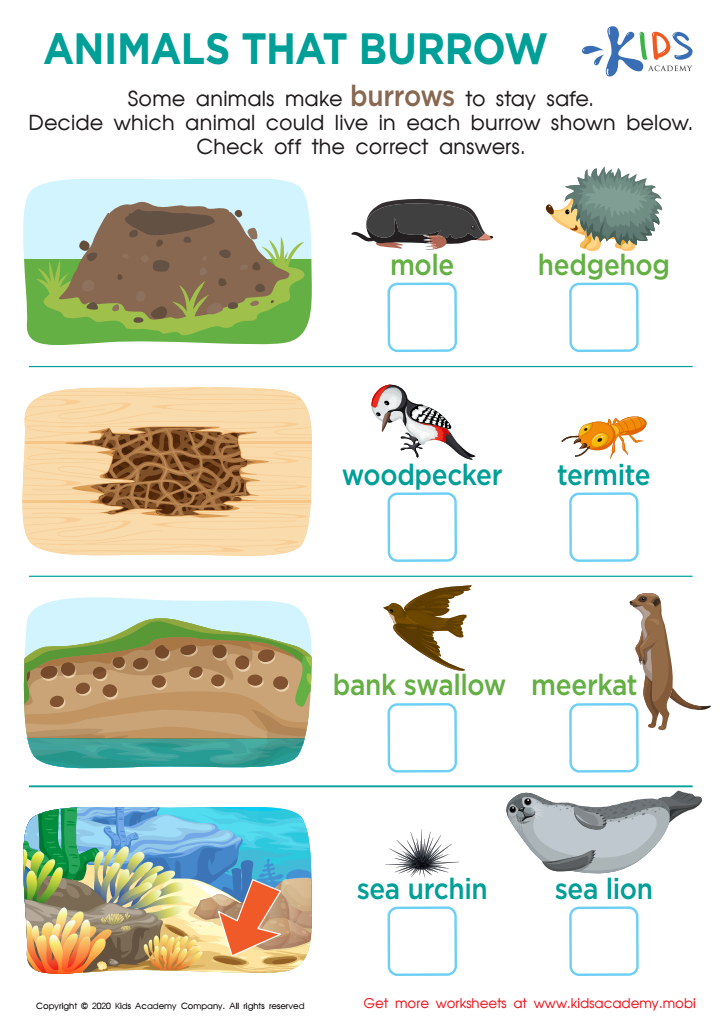

Animals That Burrow Worksheet
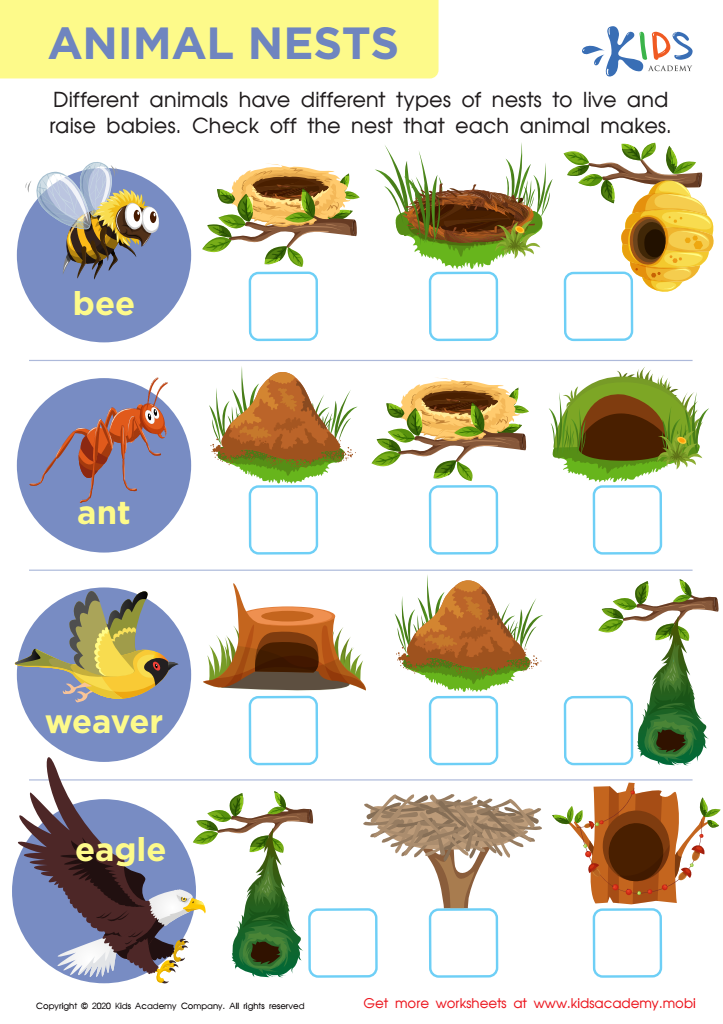

Animal Nests Worksheet
Vocabulary enhancement through animal-related topics is crucial for children aged 3 to 6 for several reasons. First, this age group is a critical period for language development. Introducing diverse vocabulary through engaging animal stories fosters early literacy skills and helps build a strong linguistic foundation. Children's natural fascination with animals provides an ideal context for learning, as they are typically excited to explore names, characteristics, and habitats, making the learning process enjoyable and memorable.
Moreover, understanding vocabulary related to animals encourages cognitive skills and critical thinking. Children learn to categorize, compare, and describe various animals, which enhances their analytical abilities. This not only supports their communication skills but also sparks curiosity and fosters a lifelong love for learning.
Additionally, discussions about animals can promote empathy and social awareness. Learning about different species and their environments encourages children to appreciate biodiversity and develop a sense of responsibility toward the natural world.
Finally, when parents and teachers engage in vocabulary-rich conversations about animals, they create strong connections with children, reinforcing language comprehension and retention. Ultimately, vocabulary enhancement through animals is a powerful tool in early education that supports holistic development in young children.
 Assign to My Students
Assign to My Students

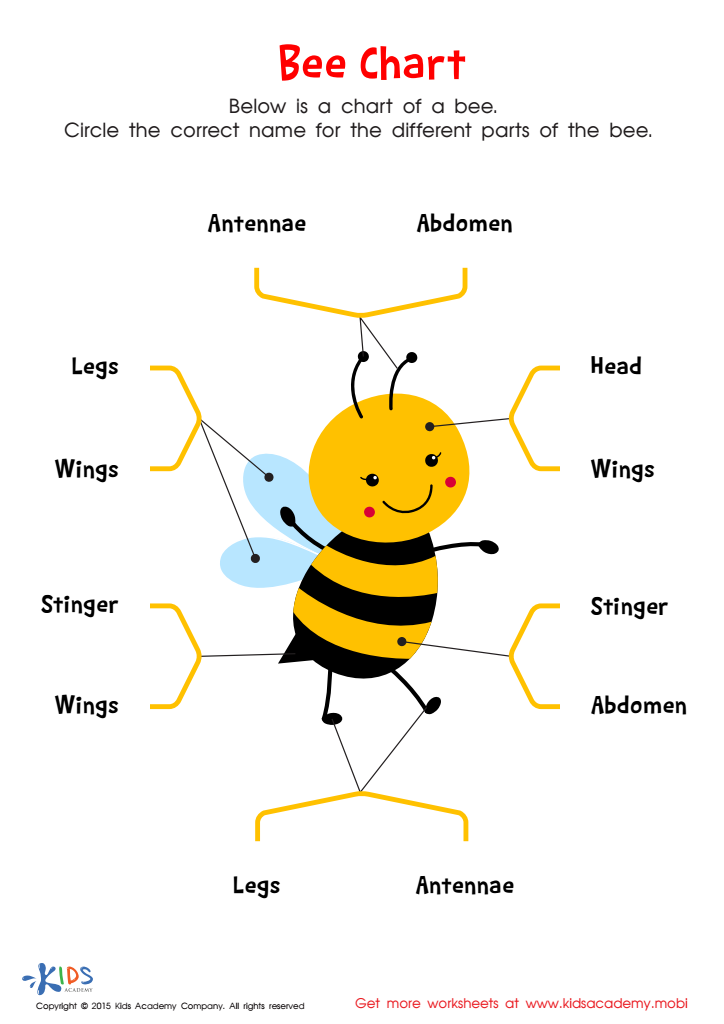










%20(1).jpg)










